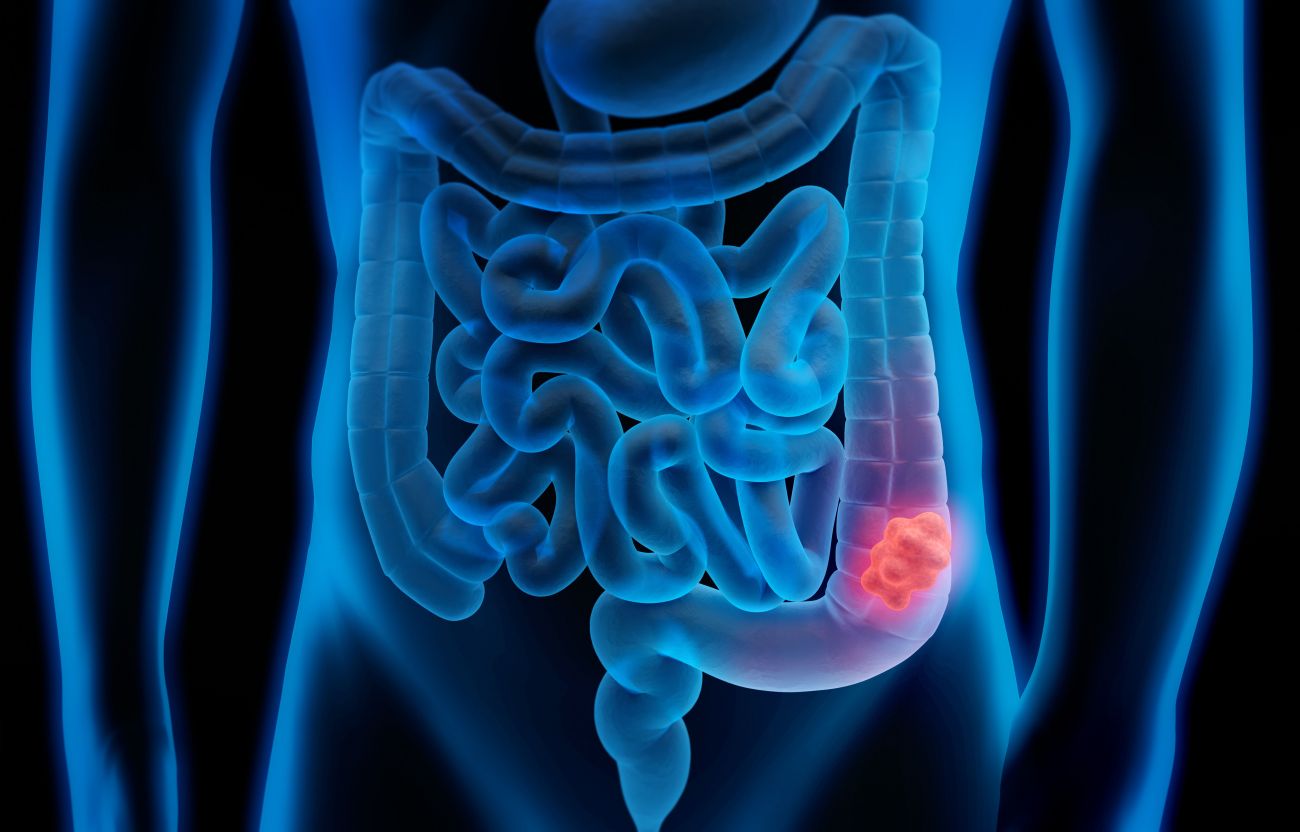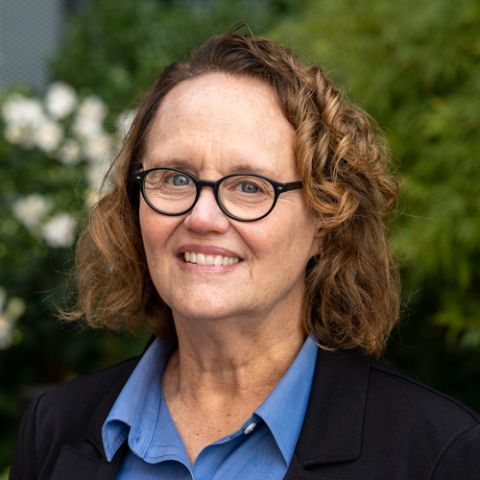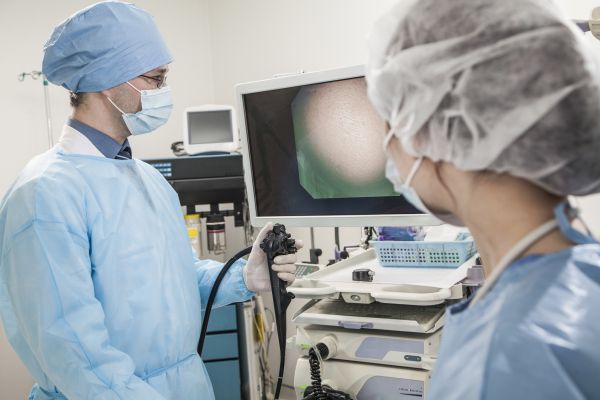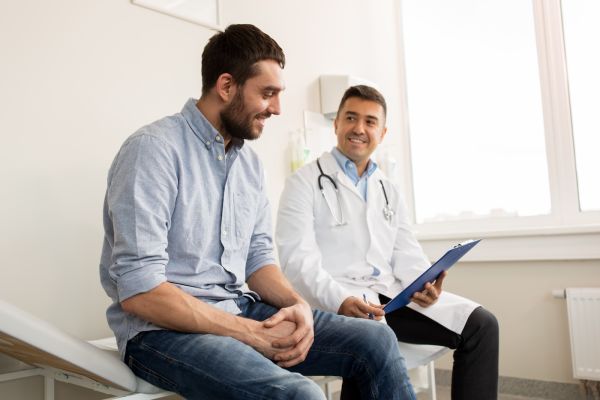In late August of 2020, fans around the world were shocked by the unexpected death of “Black Panther” star Chadwick Boseman, who had not disclosed his four-year battle with colon cancer. The actor had made many visits to pediatric cancer centers as his fame grew over the past few years, but he kept his diagnosis silent while shining a light on others.
Boseman also shone a light on something you might not know: Younger people, especially younger Black men and women, have a higher incidence of colorectal cancer and death than any other racial group in the United States, for reasons that are not yet fully understood.
Although deaths from colorectal cancer have decreased in recent years, it remains the third-leading cause of cancer-related deaths in men and women, and is expected to be linked with some 53,200 deaths in 2020 alone.
An estimated 90% of people who die from colorectal cancer are over the age of 50, but people under the age of 50 who are diagnosed with the disease are more likely to have advanced cases. This year, an estimated 12% of colorectal cancer cases will occur in people under 50, following a trend of higher rates of colorectal cancer in young adults that has been tracking since the mid-1980s.
Rising Rates in Younger People Is “Problematic”
Mary Reid, MSPH, PhD, Director of Cancer Screening and Survivorship at Roswell Park, says there are many lingering questions about why younger people, and younger Black men and women in particular, are at higher risk of developing colorectal cancer.
With older patients, cases are more likely to be due to environmental factors, such as a poor diet, lack of exercise and smoking. Younger patients might have a higher risk due to genetic factors or family history, making their tumors slightly different from those found in older patients, with a different genetic makeup.
It’s also unlikely that younger people, or their primary care doctors, would immediately suspect a case of colorectal cancer. The symptoms are similar to other common, and more likely, ailments: a bout of constipation or diarrhea, maybe some abdominal cramping. These could be addressed with a laxative or stool softener, and might be a symptom of irritable bowel syndrome or Crohn’s disease.
But if you have been trying to address these symptoms for a month or more without any success, you should see your primary care doctor, because it might be time to schedule a colonoscopy or DNA test to look for cancer, advises Dr. Reid. Some younger patients, wanting to avoid the unpleasant preparation for a colonoscopy, might hesitate to tell their doctors that the symptoms are persisting — and some doctors might also hesitate to order the test, both because it’s expensive and the odds of finding colorectal cancer in someone under the age of 50 might be small. But it could be a lifesaving decision.
“Get a physician you can trust, who is listening to you and wants to investigate the symptoms if they’re not going away,” Dr. Reid says. “If we don’t ignore the symptoms in a 50-year-old patient, why would we tolerate them in a 40-year-old patient?”
Know Your Risk
Colon cancer is largely preventable, but you must have a screening test that will detect warning signs, such as polyps, abnormal growths, precancerous lesions or early malignancies, long before you notice any symptoms.
Take a Personal Assessment NowMore Research Is Needed in Young Patients
At this time, it doesn't make sense to establish a lower screening age for colorectal cancer, due to the number of inaccurate test results that might occur. And there is a possibility that the screening test used for older patients might not be sufficient to detect colorectal cancer in younger patients. Not enough research has been done in the younger population to identify whether the disease behaves the same way in younger patients as it does in older patients, and this further complicates options for early detection.
“We need to evaluate to see what is the signature of these early cancers,” Dr. Reid says. “They get treated like adult cancers, but maybe they’re not exactly the same. Maybe we need a different kind of test to pick up these cases early without lowering the screening age or testing everyone. The medical history of these young people should be going into a big database, so we can track their early symptoms or what was ignored, but we don’t know yet.”
Early Detection Is Critical
Not only can a colonoscopy detect polyps that might turn cancerous, but it also allows for those polyps to be removed immediately while the patient is still sedated. That’s why early detection of colorectal cancer is so important — caught early, the death rate can be reduced by up to 50%.
While screening for colorectal cancer is not recommended for people under the age of 45, there are symptoms to look for that might indicate the disease is at an early stage:
- Changes in bowel habits — unusual and more common bouts of diarrhea or constipation
- Changes in the caliber of stool — becoming thinner or thicker
- Blood in the stool or other evidence of rectal bleeding
- Dark stool (black)
- Unusual abdominal discomfort, including pain or cramping
- A lump in the abdomen
- The sensation that a bowel movement is coming, even after you have had one
- Unexplained weight loss
- Weakness or feelings of tiredness
Colorectal Cancer Can Be Prevented
While colorectal cancer can be deadly, it is also one of the more preventable types of cancer.
The current screening recommendations urge people to get their first colonoscopy at age 45, but people with higher risk factors — including family medical history, obesity, smoking and lack of exercise — might need to be tested earlier. A history of other illnesses and conditions, including colorectal polyps, Crohn’s disease, ulcerative colitis, Lynch syndrome and other genetic mutations, should also be considered.
Here are some of the steps that can be taken to reduce the risk of colorectal cancer:
- Maintain a healthy weight.
- Exercise regularly.
- Eat plenty of fruits, vegetables and other high-fiber foods.
- Limit red meat intake.
- Limit alcohol consumption.
- Quit smoking or using any form of tobacco.
Catching cancer early is one of the best ways to limit its impact, and cancer screenings are the best way to increase the odds of finding the disease when it is most curable. Roswell Park’s Cancer Screening Center has specific guidelines for who should receive certain types of cancer screenings.




